11 Signs Of A Person Who Very Much Dislikes Interacting With Other Humans
Avoiding people isn't rejection, it's just self-preservation.
 MAYA LAB | Shutterstock
MAYA LAB | Shutterstock Not everyone is wired for small talk, office parties, or group chats. While society often praises outgoing and sociable people, there's a quieter group that finds peace in silence. For these individuals, human interaction isn't just tiresome, it's something to be actively avoided. Whether it's a matter of deep personal preference or past social burnout, some people genuinely thrive when left alone.
Though it's not as obvious as a door slammed in your face or a scowl across a crowded room, there are particular signs of a person who very much dislikes interacting with other humans. These are the quiet rebels of social life, and understanding where they're coming from can help us navigate those relationships with a bit more empathy — and maybe a bit more space.
Here are 11 signs of a person who very much dislikes interacting with other humans
1. They avoid social gatherings at all costs
 Pheelings media | Shutterstock
Pheelings media | Shutterstock
One of the more obvious signs of a person who very much dislikes interacting with other humans is exhibiting a range of behaviors that signal deep social aversion. One most prominent sign is their avoidance of social gatherings at all costs, often making excuses or abruptly withdrawing when invited to group settings. They may appear visibly uncomfortable in conversations, give short responses, and avoid eye contact.
Such individuals might choose solitary activities like reading, gaming, or working alone. They often dread small talk, find group dynamics draining rather than energizing, and may even experience anxiety at the thought of engaging in casual social interactions.
According to psychology professor Adrienne Wood, PhD, people tend to underestimate how much others like them, choosing instead to withdraw socially.
Wood also pointed out the benefits to small talk, adding, "Not only do we expect ourselves to perform poorly in social contexts, but we also underestimate how much we will enjoy an interaction. Do you shiver in horror at the thought of starting a conversation with a stranger while waiting in the grocery store line? Lots of people do; however, research shows that these types of one-off, small talk interactions tend to be quite enjoyable. They also boost your sense of community belonging."
2. They prefer solitary activities
 Stokkete | Shutterstock
Stokkete | Shutterstock
People who strongly dislike interacting with other humans often gravitate toward solitary activities as their comfort zone. They find peace and fulfillment in hobbies that don't require anyone else's involvement. These activities offer them control, free from the unpredictability and energy demands of social interaction. Group settings can feel draining or even irritating, while being alone recharges them.
Sociology professor Anthony Synnott, PhD says that solitude is necessary for good mental health. "Solitude is not the same as loneliness. Solitude is a positive state: the time and space to enjoy being with oneself — time out, or some space to drop out of the rat race, step off the treadmill, turn off the noise, and maybe enjoy nature," he revealed.
So, for people like this, it's not that they're necessarily unhappy, it's just that being alone provides them with the mental clarity and emotional ease that socializing often disrupts. Over time, their preferences for solo activities become a lifestyle, with minimal desire to branch out into social circles unless absolutely necessary.
3. They participate in minimal communication
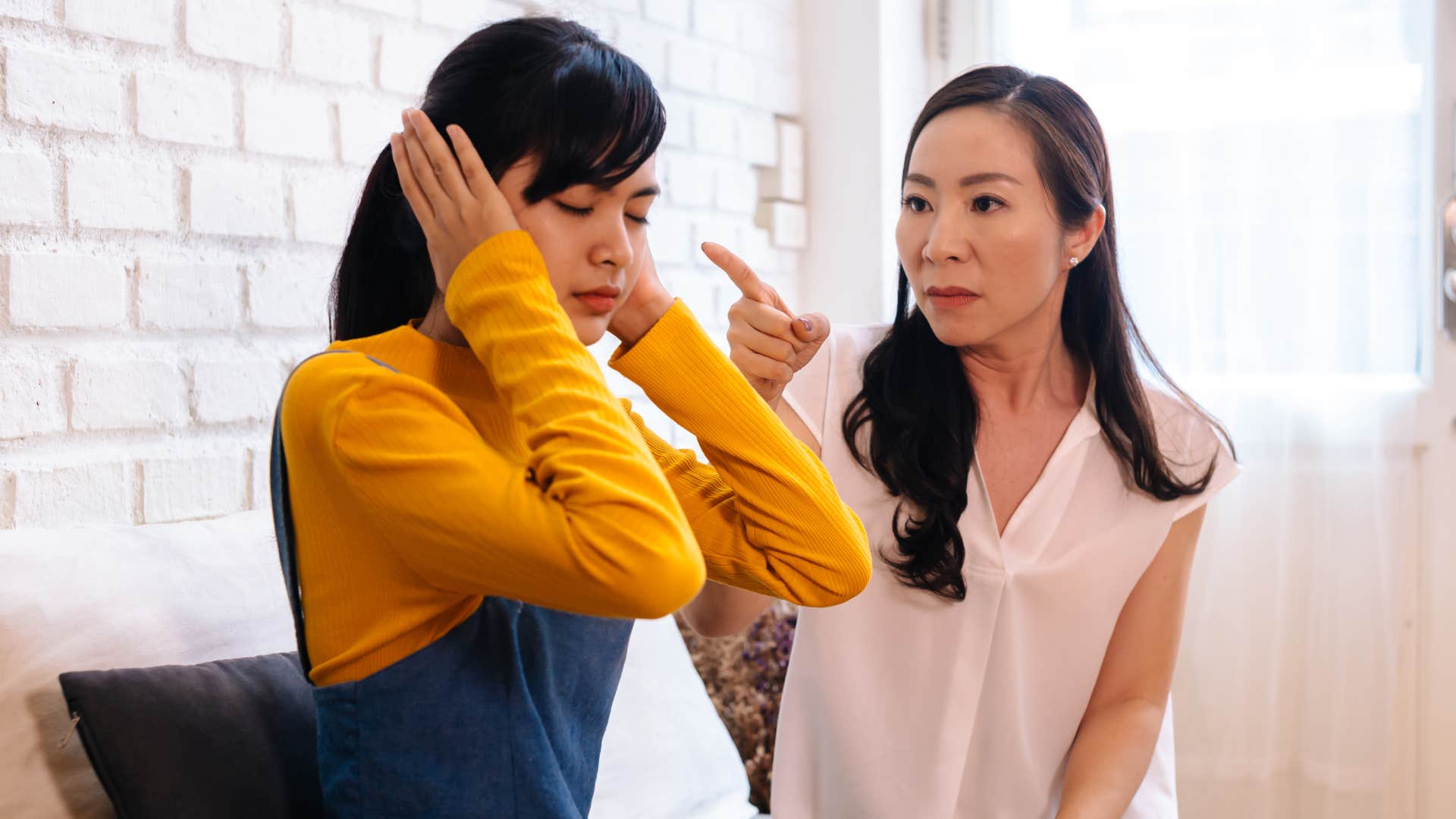 Twinsterphoto | Shutterstock
Twinsterphoto | Shutterstock
A person who dislikes interacting with others typically engages in only the most minimal communication necessary to function. They may answer questions with short, direct responses and avoid elaborating unless absolutely required. Casual conversation, small talk, or emotional sharing is often seen as unnecessary. Whether it's at work or in public, they tend to keep interactions strictly task-focused and brief.
This behavior isn't always about being rude, as many simply find constant communication overwhelming or pointless. They might also prefer written communication over verbalization, choosing text messages rather than in-person discussions. Their silence isn't always a sign of discontent, it's just their preferred way of navigating the world.
4. They don't make eye contact
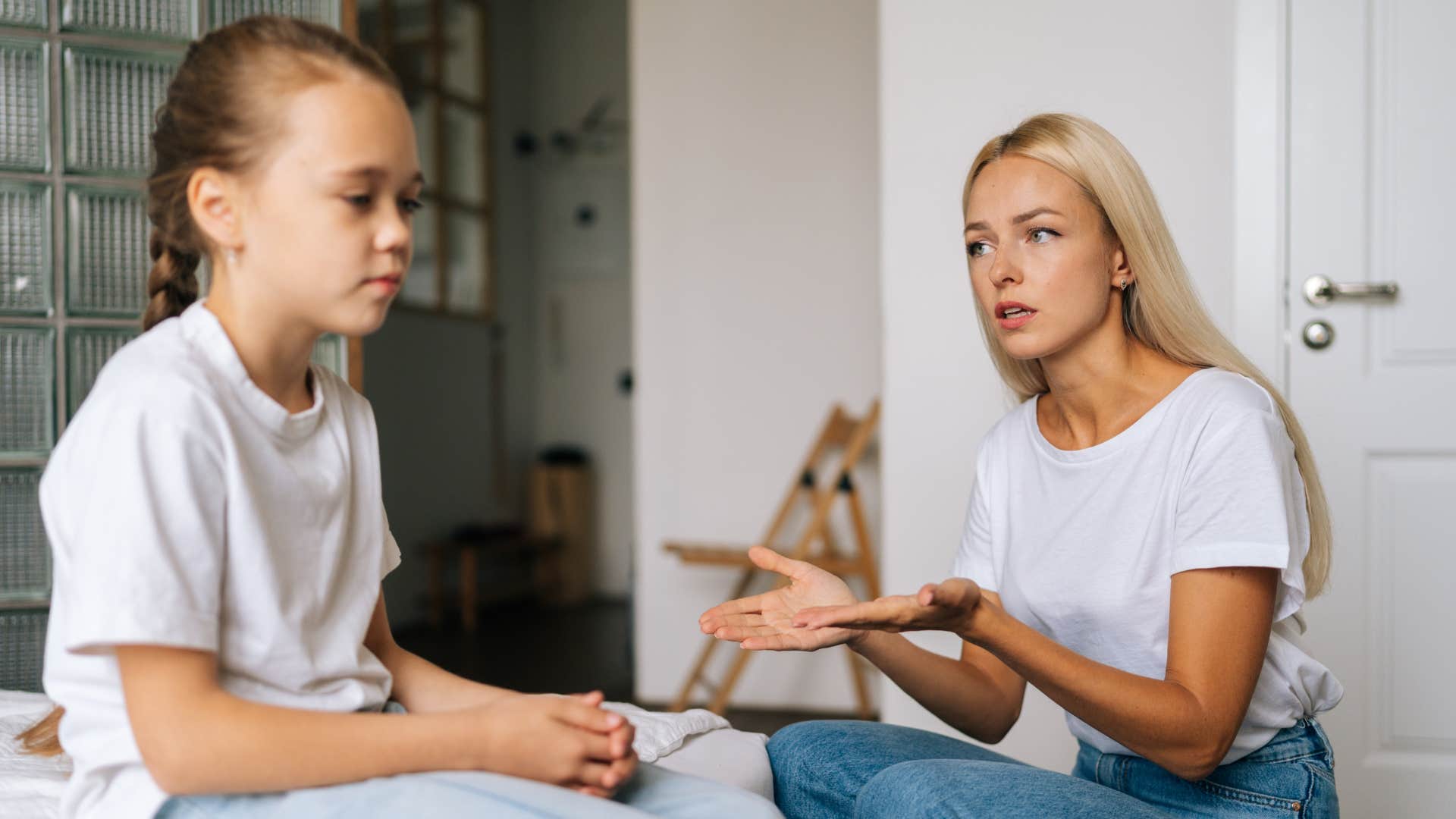 Dikushin Dmitry | Shutterstock
Dikushin Dmitry | Shutterstock
Avoiding eye contact is a common trait in people who dislike interacting with others, often serving as a subtle but clear signal of discomfort. For them, eye contact can feel intrusive, confrontational, or emotionally draining.
In conversations, they may look down or glance away to focus on objects around them instead of the person they're speaking to. This behavior helps create a psychological barrier, allowing them to maintain emotional distance and minimize the intensity of social exchanges.
While some might interpret this as dishonesty or shyness, it's often just a self-protective habit developed to reduce the stress that comes with face-to-face interactions.
In fact, research published in Comprehensive Psychiatry found that "Excessive fear of scrutiny is a defining feature of social anxiety disorder. Eye contact may trigger feelings of being scrutinized." Avoiding eye contact allows these people to stay mentally detached and regain a sense of control in situations they find uncomfortable.
5. They become easily drained by social interactions
 DimaBerlin | Shutterstock
DimaBerlin | Shutterstock
While many people enjoy or tolerate socializing to some extent, some people find it exhausting, even if it's only a brief interaction. After meetings, casual chats, or crowded environments, they often need extended time alone to recover. It's not just a preference for quiet, it's a necessity for their well-being.
According to a 2020 study, extroverted behavior such as being talkative or sociable causes individuals to become tired, even if they aren't doing anything physical. This fatigue can show up as irritability, zoning out in conversations, or a strong urge to escape social settings as soon as possible. Their energy isn't fueled by connection, but drained by it, which makes them far less likely to interact with others altogether.
6. They display closed-off body language
 voronaman | Shutterstock
voronaman | Shutterstock
When a person strongly dislikes interacting with others, they often display closed-off body language as a nonverbal way of signaling disinterest. Their posture may be tense or withdrawn like having their arms crossed or their body angled away from others. They may avoid physical closeness or keep movements minimal to avoid drawing attention.
These subtle cues create an unspoken boundary that discourages engagement, making it clear that they'd rather not interact. As professor and psychology expert Susan Krauss Whitbourne, PhD revealed, "Body language is just that — the language of the body. You may think that you only show your emotions through your face, but that is only the tip of the iceberg. Your entire body participates in the business of either showing or hiding your mental state."
Unlike more open and inviting body language, this defensive stance reflects their desires to protect their personal space. Sometimes they are not even aware that they're doing it, it's just a natural reaction.
7. They have a low tolerance for noise or crowds
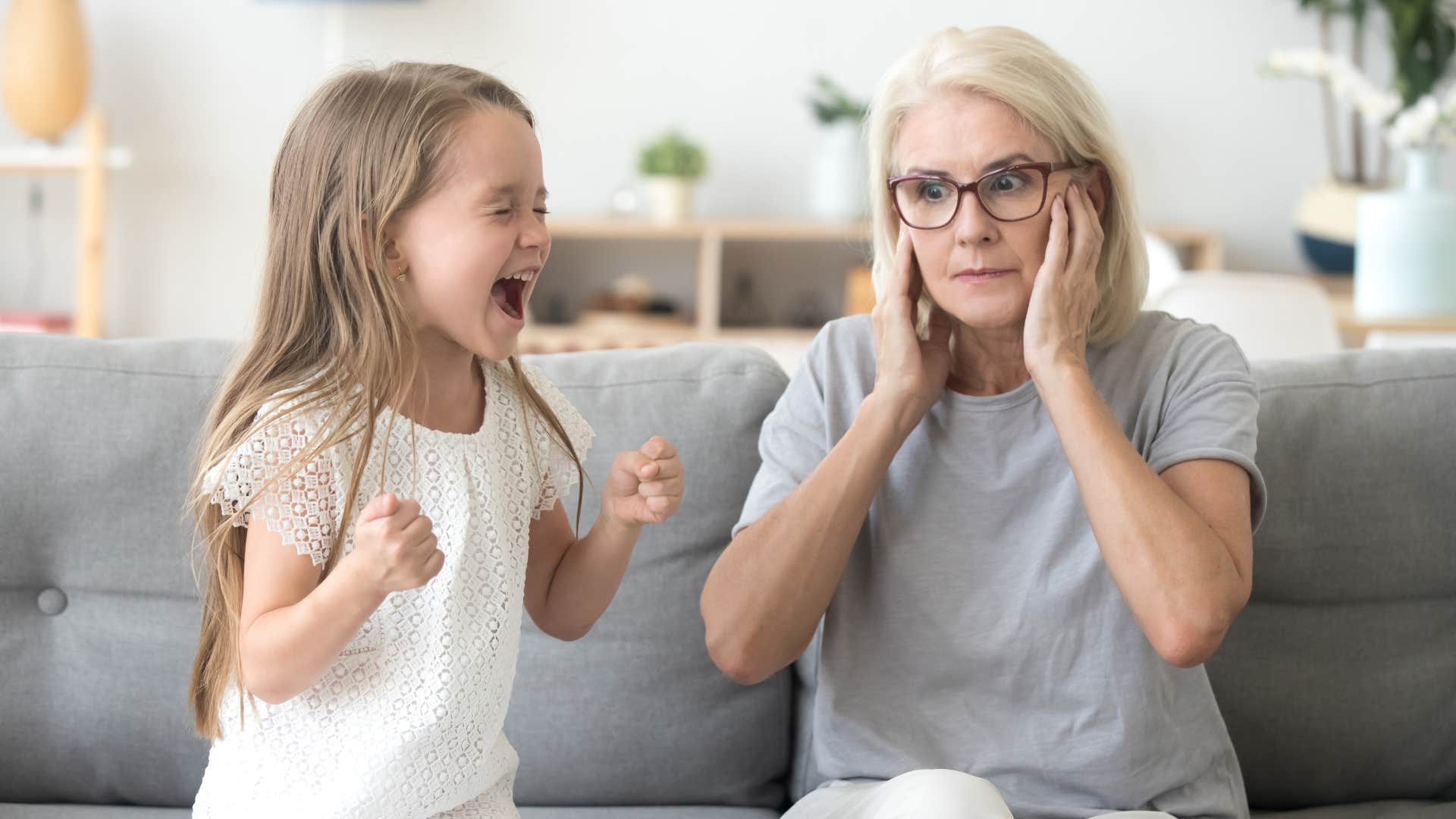 fizkes | Shutterstock
fizkes | Shutterstock
People who have a low tolerance for noise and crowds tend to avoid it due to sensory issues. Loud conversations, busy public space, or crowded events can quickly overwhelm them.
These sensory-rich settings not only increase stimulation but also heighten the likelihood of social interaction, something they instinctively want to avoid. Some even report having panic attacks in public if they are among a crowd of people.
As a result, they may avoid places like parties, malls, or public transportation during peak hours. A 2020 study on social aversion revealed that sensory inputs like music and smell can either attract or repel crowds and affect how long people linger.
This means that a person's aversion isn't just about discomfort, it's a defense mechanism to protect their mental space from the chaos and unpredictability that often comes with being around large groups of people.
8. They wear headphones in public spaces
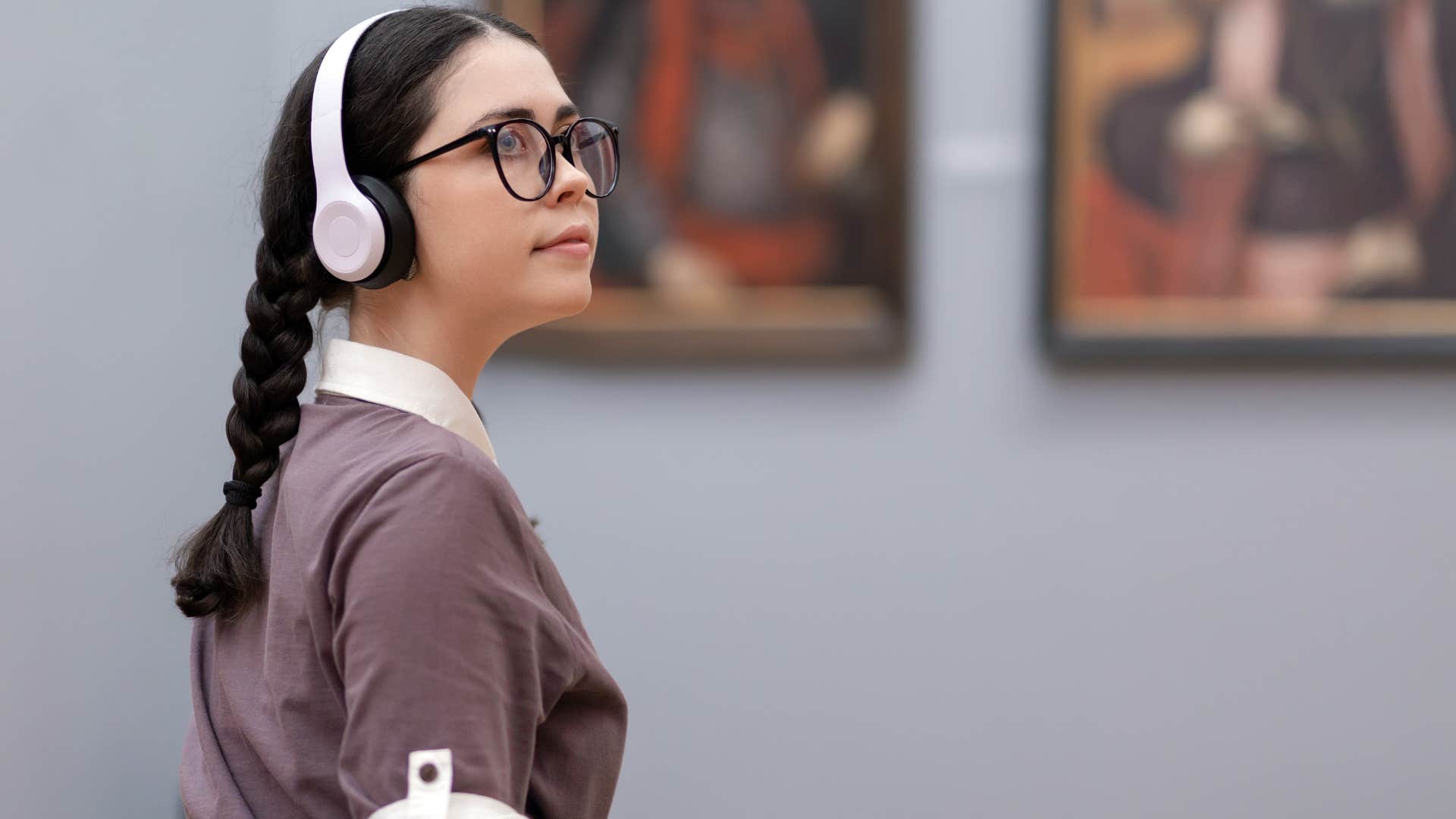 STEKLO | Shutterstock
STEKLO | Shutterstock
Wearing headphones in public spaces is one of the more common signs of a person who very much dislikes interacting with other humans. For them, headphones serve as both a physical and psychological barrier that lets other people know to not disturb them.
Whether or not music is actually playing, the presence of headphones helps to deter strangers from initiating conversation and allows the wearer to mentally retreat from the surrounding environment. It provides a sense of control in otherwise unpredictable social settings like public transit, cafes, or crowded streets.
This behavior often reflects a desire to stay in their own world, limit sensory input, and avoid small talk. Spontaneous interactions might still occur to those who don't take the hint, but nevertheless, their facial expressions when they are bothered will make others think twice about asking them a question.
9. They strongly dislike team work or group tasks
 fizkes | Shutterstock
fizkes | Shutterstock
A strong dislike for teamwork or group tasks is another key sign of someone who prefers minimal interaction with others. While many people see collaboration as a chance to share ideas and lighten workloads, socially avoidant people often view it as stressful or invasive.
Group settings require constant communication, an element they typically find mentally exhausting and frustrating. These individuals tend to prefer working alone, where they have full control over their environment.
In educational or professional settings, they may actively try to opt out of group assignments or take on roles that minimize direct interaction. For them, solitude isn't just a preference, it's a necessity for staying focused and emotionally balanced.
The structure and unpredictability of group work can heighten their discomfort and reduce their productivity. As a result, they often feel more competent and at ease when left to complete tasks independently.
10. They don't maintain their friendships
 Antonio Guillem | Shutterstock
Antonio Guillem | Shutterstock
People who dislike interacting with others often lack close friendships. While most people seek companionship for emotional support, socially avoidant people view friendships as burdensome or emotionally taxing.
They may struggle with the effort and consistency that relationships require. Regular communication, making plans, or offering emotional availability just doesn't work for them.
It's not uncommon for them to drift away from others over time, either intentionally or purposefully. For them, solitude is more comfortable than the emotional complexity and obligations that come with maintaining close interpersonal bonds.
While friendships are important, psychologist Timothy J. Legg says this isn't a bad thing. "Sure, healthy friendships are good for your physical and mental health. People need at least a little human contact in order to thrive, and true isolation can take a toll on your overall well-being," he revealed.
"If you're not totally isolated, though, and your lack of friends doesn't trouble you, it can be perfectly fine to be satisfied with your own company. Being alone doesn't automatically translate to feelings of loneliness, and it isn't necessarily a problem in need of fixing."
While this behavior may seem isolating to others, it often reflects their deep need for personal autonomy and low tolerance for social pressure.
11. They exhibit distrust towards people
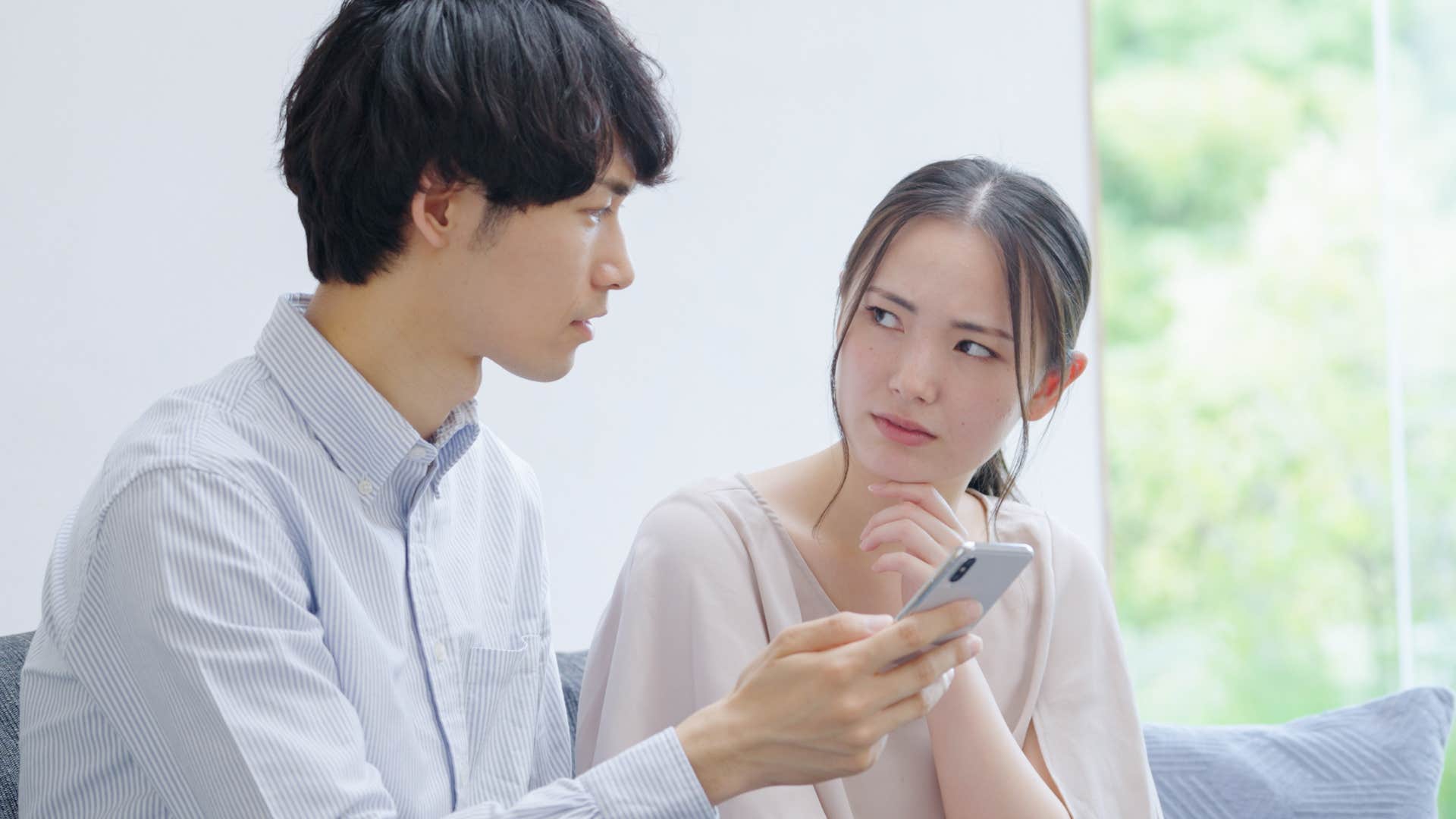 polkadot_photo | Shutterstock
polkadot_photo | Shutterstock
Exhibiting distrust toward people is a common trait in individuals who deeply dislike social interaction. This mistrust may stem from past negative experiences or a worldview shaped by skepticism of others' intentions.
Such individuals often assume that people are insincere, intrusive, or unreliable, which reinforces their desire to keep their distance. They may avoid opening up or even go as far as to question the motives behind every friendly gesture.
As Robert Taibbi, LCSW put it, "While the source for the distrust may vary, the wounds that are left are not just a broad wariness of others, but, on a micro-level, distrust of others' words and emotions... Your suspicion, in turn, easily creates a self-fulfilling prophecy: sensing your anxiety, others walk on eggshells, withdraw, or avoid being honest, which only verifies what you suspected would happen all along, further fueling your anxiety and continued distrust, as well as their own wariness."
For these people, keeping others at arm's length feels safer and more manageable than risking vulnerability. This deep-seated distrust becomes both a cause and a consequence of their social avoidance, creating a cycle that makes interaction increasingly unlikely over time.
Sylvia Ojeda is an author with a decade of experience writing novels and screenplays. She covers self-help, relationships, culture, and human interest topics.

